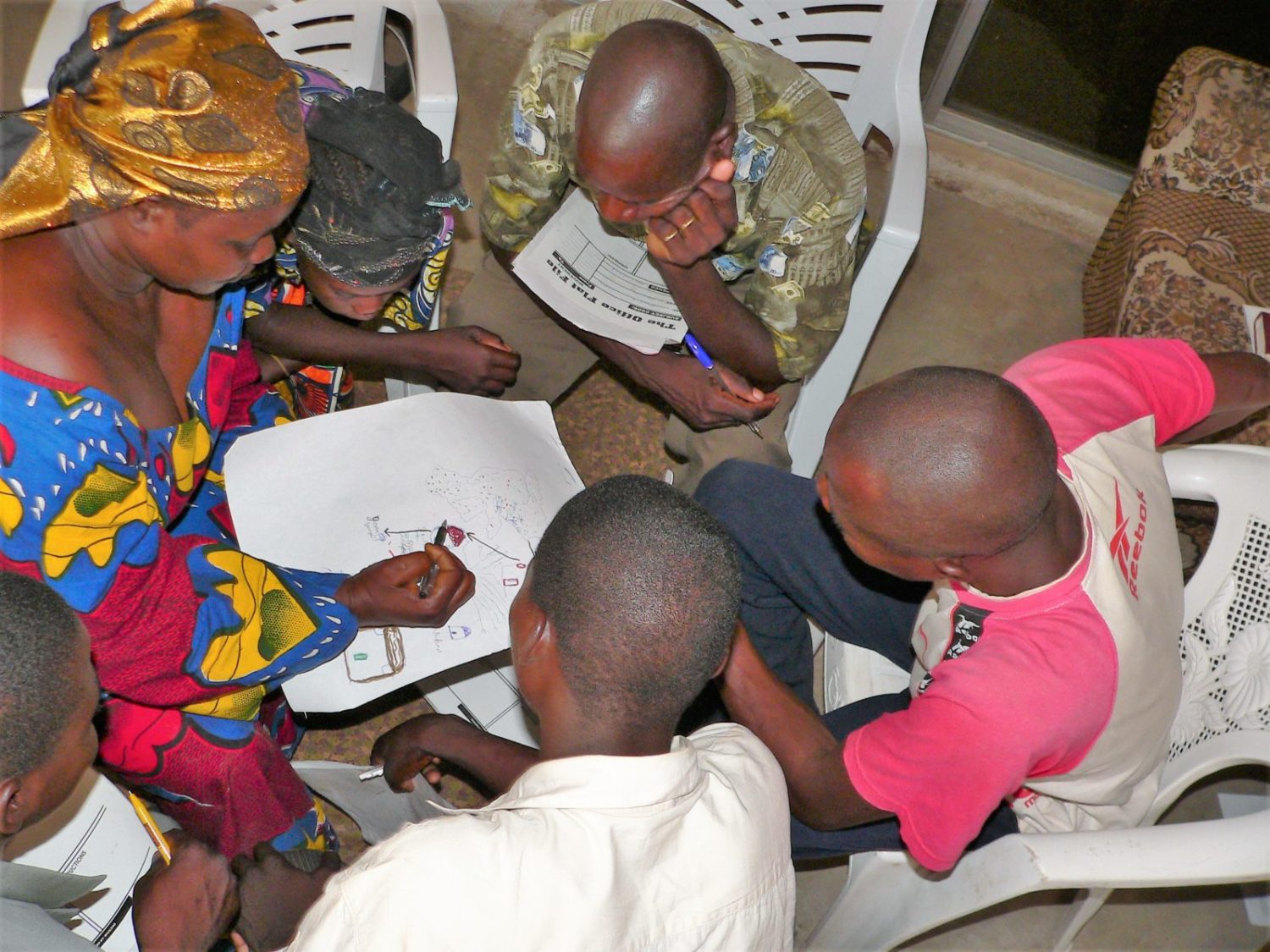“I must be doing something wrong,” she thought. They had been working for almost ten years in a restricted access nation. They’d pressed through to learn the language, worked hard to build relationships and led a few people to the Lord. Talking with a key church planting movement mentor she asked, “What are we doing …
To see rapid, rabbit-style reproduction of disciple makers, one must depend heavily on the Holy Spirit. Many of us lean too much on our own skills and experience as we train disciples. The Holy Spirit lives within even the newest of believers.
Meeting in a house, coffee shop, or factory lunchroom naturally lends itself to a small size where everyone has a chance to participate. Each person is given time to answer discussion questions. When everyone participates, everyone is discipled and grows. Each person is accountable for obedience and putting what is studied into practice. Relationships go deeper. When you begin to meet in a church or building, this changes
Fear restricts, love releases. If you love those you lead and train, you will release them. You’ll take risks of faith, believing in the Spirit of God within trainees to make wise choices. Image credit: https://www.sawinery.net/
I’m a huge believer that we must constantly be learning if we want to release the kind of incredible disciple multiplication and movements God desires to bring. Learners lead with confidence, humility, and are not stuck in old paradigms that used to work, twenty years ago. We need to be constantly learning about how to …
Thousands of new churches rapidly starting…a Jesus movement sweeping through…bringing transformation! Our hearts are stirred. We want to be a part. “It would be so amazing if that could happen in my area,” we think. After a few months (or years) of effort, things may not be happening quite as you expected. You’ve prayed, fasted, …
Many people get excited about the idea of Disciple Making Movements (DMMs). The reality is that only a few see them actually take place in their ministry and locations. This is not because they are impossible. It is not because they are not on God’s heart to release. Why don’t movements happen more often? There …
They were a faithful and passionate team of local workers. They shared the gospel often and led people to the Lord. Through much hard work and prayer they had started ten 1st generation groups of disciples. Not too bad by most peoples’ standards. Generational growth in disciple-making had not begun though. They were stuck at …
Do you long to see greater multiplication through your discipleship training? Are you tired of only seeing a few new disciples each year? Though this is a work of God’s Spirit, there are some key principles we can pay attention to that bring about breakthroughs. The last two blogs gave the first two keys; Key …








